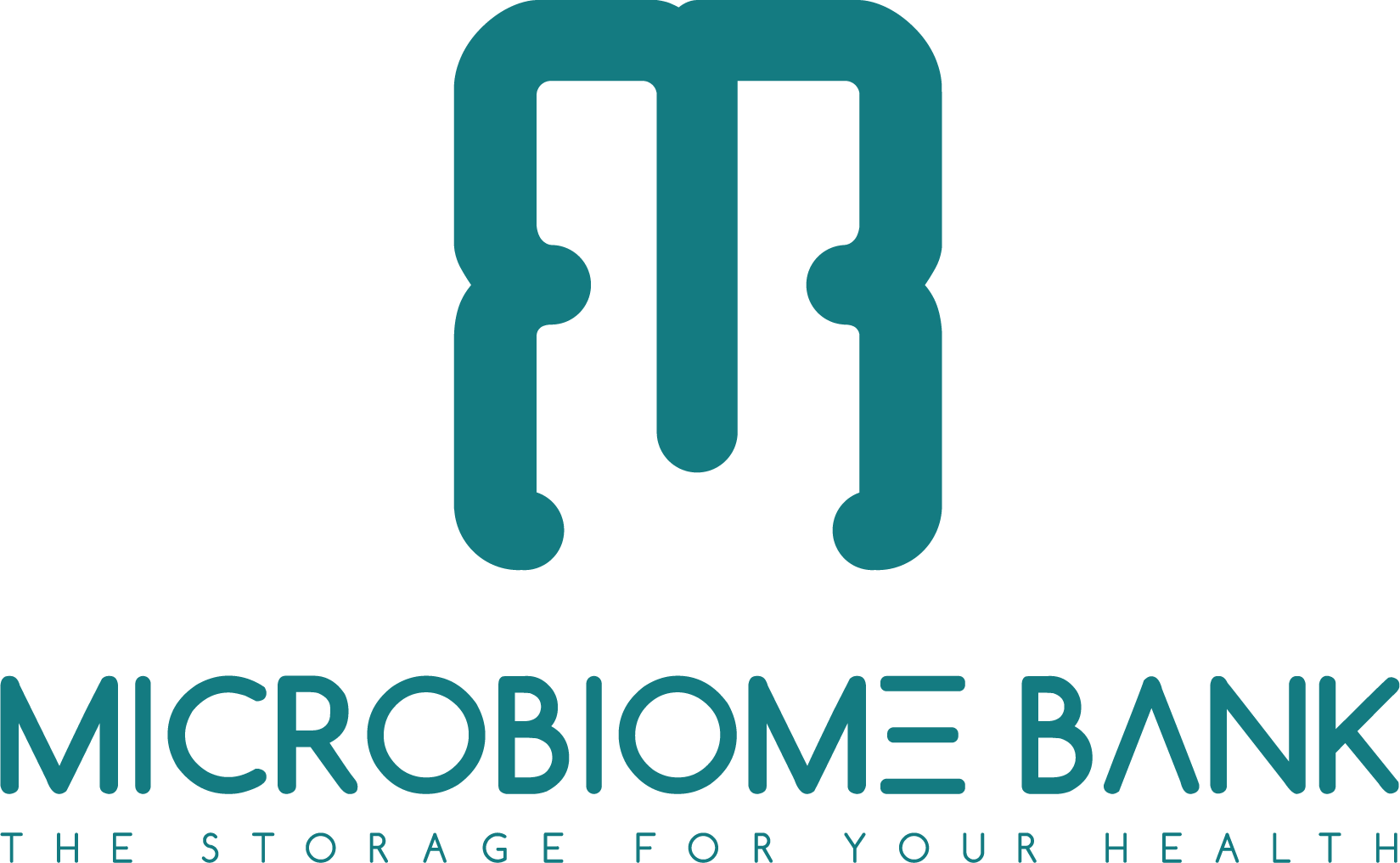The Invisible Organ – Meet My Microbiota
If you asked him twenty-five years ago, just after university what the most underrated organ in the human body was, he would’ve said the fascia. The brain. No! Definitely the liver. Now? It’s not even close. It’s the microbiota – the dense, teeming ecosystem of microbes that lives mostly in the large intestine, functioning like a virtual organ. One that weighs more than the brain, metabolizes more than the liver, and talks constantly to every cell in the body. Constantly.
He first learned about it as a physician treating patients who didn’t respond to anything else. The tired, the inflamed, the chronically unwell. Some had IBS, others had SIBO that never really existed, some had no diagnosis at all. But many of them shared one thing: a gut out of balance. And when he helped them restore that balance - through diet, lifestyle, and sometimes fecal microbiota transplantation (FMT) – when it worked, they got better.
But for years, he treated the microbiota like a tool for others. Not a lens for himself. Not a mirror.
Until now.
Under the microscope, the gut isn’t a passive tube. It’s a jungle. Trillions of bacteria, archaea, fungi, and even viruses that not only digest food, but train the immune system, regulate hormones, produce neurotransmitters, and manufacture short-chain fatty acids that shape how cells talk. Some microbes can even turn on or off genes in your mitochondria. They don’t just influence health. They orchestrate it.
And yet, modern life is hell for microbes. Processed food. Chronic stress. Alcohol. Antibiotics. Sleep deprivation. Night shifts. Dehydration. Everything he followed in the Food and Complaint Diary. All of them disrupt the delicate balance between beneficial species like Akkermansia, Bifidobacterium, Faecalibacterium—and inflammatory species that thrive in chaos.
He knew this academically. But at 49, he felt it viscerally. He wasn’t sick – but something was slipping. The metabolic edge. The mental clarity. The ability to go forever. The calm resilience he used to carry into runs. Could it be that his own microbiota, after decades of heroic effort, was now mismatched to his goals?
He decided it was time. He decided it was time. Not just to listen to the science—but to let it transform him. And to write a Microbiota Manipulation Handbook that contains all that he found and everything that worked.
Next week: “Would You Swallow That to Live Longer?” – Inside his athlete-to-athlete FMT experiment.
1. Lynch, S. V., & Pedersen, O. – The human intestinal microbiome in health and disease
Susan V. Lynch, Ph.D., and Oluf Pedersen, M.D., D.M.Sc., The human intestinal microbiome in health and disease, New England Journal of Medicine, 2016 Dec 15;375(24):2369-2379.
What it found:
Lynch and Pedersen’s study is a landmark in understanding the medical significance of the human microbiota. The authors demonstrate that the gut microbiota is not a passive participant in digestion but an active regulator of immune system development and function. The microbial balance established in early life determines whether the host's immune system develops tolerance or inflammatory responses to environmental stimuli.
The article pays particular attention to dysbiosis—the disruption of the microbiota’s composition and function—which plays a central role in the development of many modern chronic diseases, including metabolic syndrome, inflammatory bowel diseases, autoimmune disorders, and neurological conditions. The authors describe in detail how Western diets, antibiotic use, and sterile environments reduce microbial diversity, thereby increasing the risk of inflammatory diseases.
They emphasize that the microbiota is not merely a disease trigger but a therapeutic target as well. Fecal Microbiota Transplantation (FMT) and personalized dietary interventions are tools that can restore microbial balance and thereby reduce inflammatory processes in the body.
https://doi.org/10.1056/NEJMra1600266
2. Sonnenburg, J. L., & Bäckhed, F. – Diet–Microbiota Interactions as Moderators of Human Metabolism
Justin L. Sonnenburg, Ph.D., and Fredrik Bäckhed, Ph.D., Diet–Microbiota Interactions as Moderators of Human Metabolism, Nature, 2016 Jul 7;535(7610):56-64.
What it found:
Sonnenburg and Bäckhed’s study reveals the close relationship between diet and the microbiota, showing how this microbial community influences human metabolism. The authors highlight that through fermentation of dietary fibers, the microbiota produces short-chain fatty acids (SCFAs), such as butyrate, propionate, and acetate, which play essential roles in energy metabolism and maintaining gut barrier integrity.
The study emphasizes that fiber-rich diets—like those of traditional, non-industrialized populations—maintain microbiota diversity and promote beneficial metabolic effects. In contrast, the Western diet, low in fiber and high in processed foods, drastically reduces microbial diversity, leading to obesity, insulin resistance, and inflammatory diseases.
The article pioneers the concept that the microbiota can modulate metabolic pathways and that dietary interventions—by altering microbiota composition—can effectively influence health outcomes. According to the researchers, the future of nutrition science lies in the personalized support of the microbiota to achieve optimal health.
https://doi.org/10.1038/nature18846
3. Elinav, E., & Zmora, N. – Personalized Microbiome-Based Approaches to Metabolic Syndrome Management
Eran Elinav, M.D., Ph.D., and Niv Zmora, M.D., Ph.D., Personalized Microbiome-Based Approaches to Metabolic Syndrome Management, Cell, 2019 Aug 8;178(4):804-811.
What it found:
Elinav and Zmora’s study explores the revolutionary potential of microbiome-based personalized medicine in managing metabolic syndrome. The researchers demonstrate through clinical trials that an individual’s microbiota profile is a much more accurate predictor of dietary intervention outcomes (e.g., glycemic response) than genetic data. Their results show that people with different microbiota compositions have completely different blood glucose responses to the same food.
The paper provides practical examples illustrating that designing personalized diets requires a detailed mapping of the microbiota. The authors argue that the prevention and treatment of metabolic diseases (obesity, diabetes, fatty liver) can only be effective if medicine takes into account the individual's microbial ecosystem.
The study also highlights that FMT and probiotic-prebiotic interventions are not “one size fits all” solutions but require fine-tuning to match the host’s microbial and metabolic profile. The conclusion of the article is that targeted modulation of the microbiota will play a key role in the future of personalized metabolic therapies.
https://doi.org/10.1016/j.cell.2019.07.028


